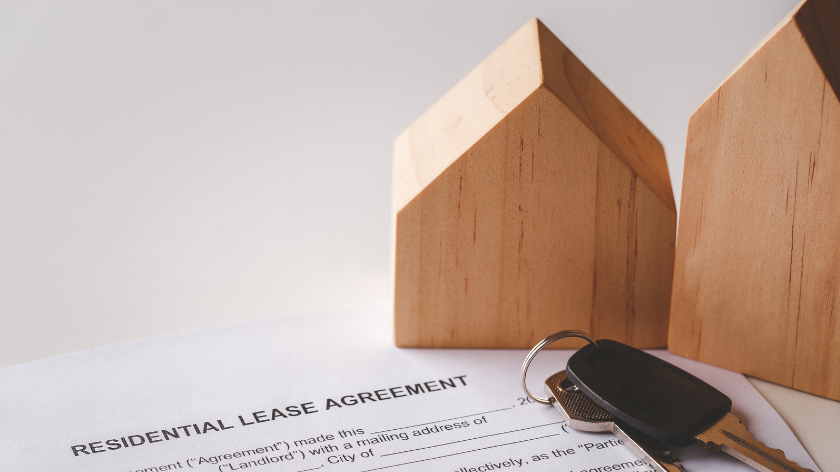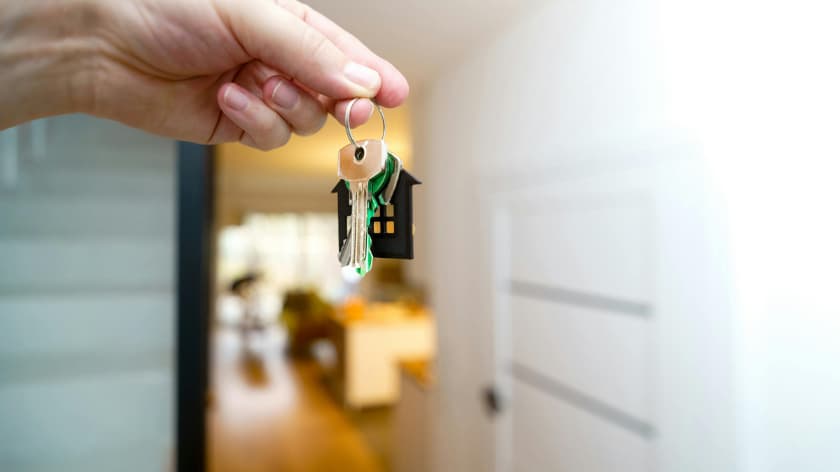Rights and Obligations of the Landlord
July 24, 2025

If you are an owner and are thinking of renting a home, it is essential to know in depth what your rights and obligations are as a landlord. This information will not only help you avoid legal conflicts, but will also guarantee a fair and balanced relationship with your tenants.
Knowing the legal framework that regulates the rental of real estate in Spain, mainly the Civil Code, the Urban Leasing Law (LAU) and Law 12/2023 on the Right to Housing, is key to protecting your property, fulfilling your responsibilities and exercising your rights correctly.
Before delving deeper, it is important to distinguish between landlord and tenant. If you have questions about these concepts, we recommend consulting our previous article.
What is a Landlord?
The landlord is the natural or legal person who, through a contract, temporarily transfers the use of a home or premises to a third party (the tenant) in exchange for rent. Although it is normally the owner, an authorized person may also act on their behalf.
The landlord assumes certain legal obligations and, in turn, has a series of rights recognized by Spanish regulations.
Rights of the Landlord
The landlord, as the owner of the property, has a series of rights that allow them to protect their property and ensure proper compliance with the lease agreement. The main rights of the landlord that the legislation recognizes in the context of a home rental are detailed below.
Receipt of Rent Payment
The landlord has the right to receive timely payment of the rent agreed in the lease agreement. This is essential to ensure fair compensation for the use of the property.
Security Deposit Request
You also have the right to request a mandatory deposit when the rental agreement is signed. This deposit is usually equivalent to one or two months’ rent (depending on whether the apartment is rented furnished or unfurnished) and serves as a guarantee that the home will be returned in good condition. In some cases, especially in properties of great value, the deposit may be higher to cover possible serious damage.
Terminate the Contract for Breach
If the tenant breaches the terms of the contract, such as not paying the rent or causing serious damage to the property, the landlord has the right to terminate the contract and request eviction from the property. This also includes cases of unauthorized subletting or annoying or dangerous activities within the property.
Increase the Rent According to the Contract
You can increase the rent according to the conditions agreed in the contract, generally using indicators such as the Consumer Price Index (CPI). This increase must be notified to the tenant one month in advance and must be properly justified.
Inspection of the Property
Finally, the landlord has the right to carry out periodic inspections of the property to ensure that it is maintained in good condition. These inspections must be notified in advance to the tenant, respecting their privacy and avoiding unnecessary inconvenience.
Recover the Home for Own Use
You can recover the home before the end of the contract if you justify the need to occupy it for yourself, first-degree relatives or spouse in case of separation. You must give at least 2 months’ notice.
Sale of the Property
You can sell the property, but you must respect the tenant’s right of first refusal and withdrawal, unless there is a clause to the contrary.
Obligations of the Landlord
Landlords have several obligations that they must fulfill to ensure the well-being of their tenants and ensure a harmonious and fair relationship. Below are the main obligations that a landlord must take into account:
Delivery of the Home in Habitable Conditions
You must deliver the property in optimal conditions of habitability, safety and health, in accordance with what has been agreed and the regulations.
Property Maintenance
One of the obligations of the landlord is to keep the property in habitable condition. This includes carrying out the necessary repairs to guarantee the safety and health of the home. Urgent repairs, such as breakdowns in the electrical installation or humidity problems, are also the responsibility of the landlord.
Return the Deposit within the Deadline
Once the contract has ended and the keys have been handed over, the landlord has 30 calendar days to return the deposit. You can deduct the cost of repairs for damage attributable to the tenant, provided that you justify them.
Assume Mandatory Expenses
- Real estate taxes (IBI)
- Insurance of the continent
- Municipal fees
Energy Efficiency Certificate
It is mandatory to present the energy certificate when formalizing the contract. Without it, the lease is not legally valid.
Declare Rental Income
Every landlord must declare the income obtained from the rent in their IRPF declaration as income from real estate capital, applying the corresponding deductions.
Respect the Tenant’s Privacy
It is essential to respect the tenant’s privacy. You cannot enter the property without permission, except in emergency situations. Any inspection must be previously agreed with the tenant.
Necessary Repairs
The obligations of the landlord in repairs will be those that are urgent and serious, such as breakdowns in the electrical installation, the boiler, or humidity problems. These repairs are necessary to keep the home in habitable condition. If the works last more than 20 days, the tenant must be discounted the proportional part of the rent.
Communication of the Rent Increase
The landlord is obliged to notify the tenant of the rent update one month before it occurs. This communication must be clear and justify all the expenses that cause the rent increase.
What Can Happen if the Landlord Fails to Comply with Their Obligations?
The Civil Code establishes that, if the landlord or the tenant fails to comply with their obligations, the affected party may request the termination of the contract and claim compensation for damages.
On the other hand, the landlord has the right to initiate an eviction process if the tenant fails to comply with their obligations, such as non-payment of rent, violation of the conditions of the contract or use of the home for purposes not agreed.
From Espígul, we want to facilitate the management of your rentals by offering you legal, fiscal and operational advice. Our expert team will help you comply with your obligations as a landlord, protect your investment and maintain a fluid relationship with your tenants.
Do you have questions about your lease agreement? Don’t know how to proceed with a rent increase or a deposit refund? Contact Espígul without obligation and manage your property with total confidence.
Espígul: your Ally in Housing Rental
From Espígul, we want to facilitate the management of your rentals by offering you legal, fiscal and operational advice. Our expert team will help you comply with your obligations as a landlord, protect your investment and maintain a fluid relationship with your tenants.
Do you have questions about your lease agreement? Don’t know how to proceed with a rent increase or a deposit refund? Contact Espígul without obligation and manage your property with total confidence.

